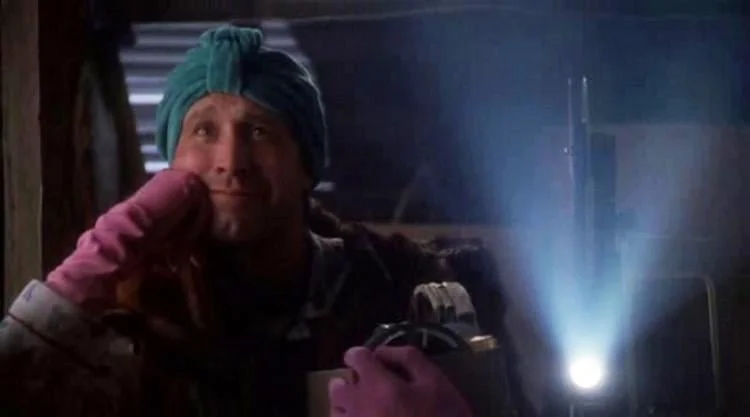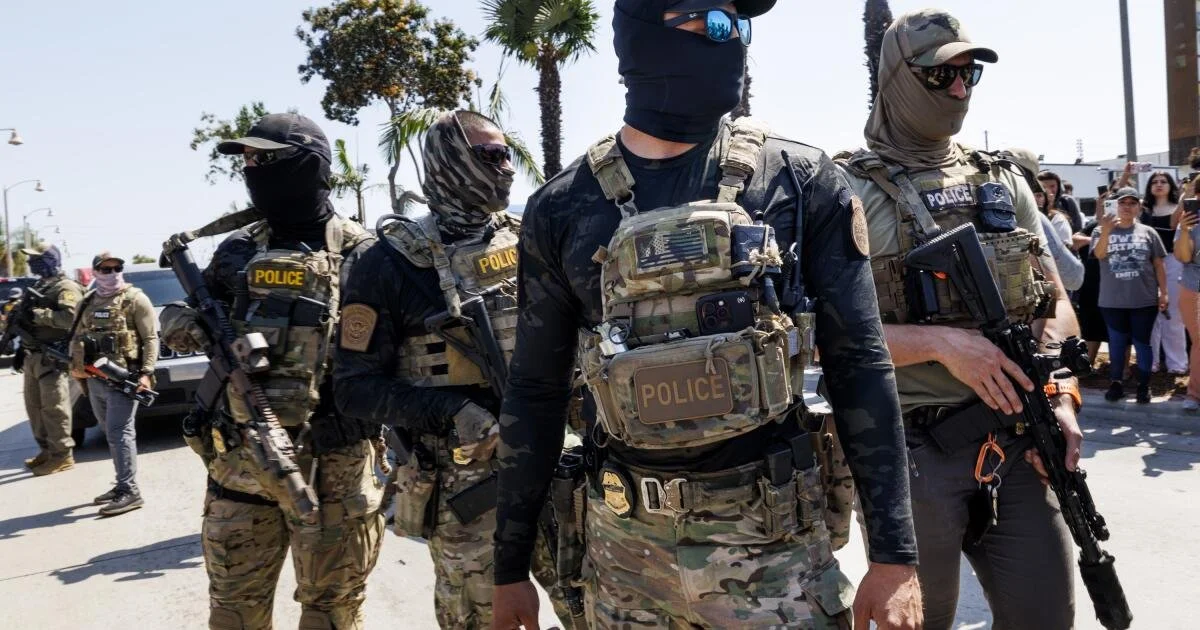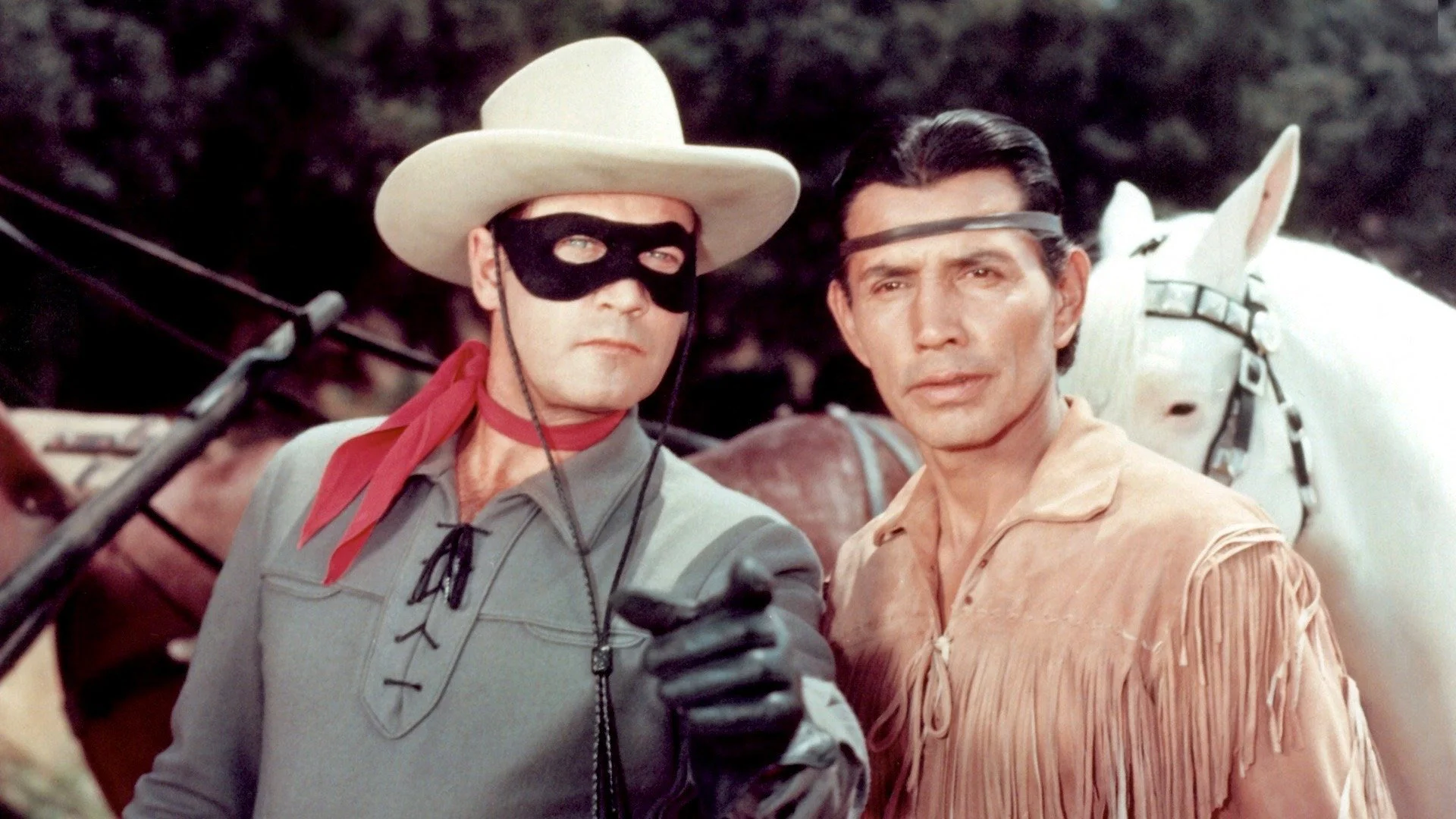NOSTALGIA
/THAT'S A BIG WORD. It needs to be because it carries a lot. Here's sort of a concensus defintion from a few dictionaries:
A yearning to return to an earlier time remembered as happier or more pleasant, or a former place evoking happy memories; a longing to experience again a former happy time.
See what I mean?!
I'm fully aware of the biblical warning about too much sentimentality:
“Don’t long for ‘the good old days.’ This is not wise.”
More than likely I'm misunderstanding the theology here, but a little looking back seems innocent enough and even wholesome (as long as we don't get stuck back there in some kind of "Back To The Future" time warp.) I'm not trying to read the mind of the writer of Ecclesiastes or diminish his wisdom, but he was pretty deep in his "Life is meaningless" phase in chapter 7. I've always been pretty good at finding a way to justify straddling the lines of biblical mandates while staying within the guardrails of protestant guilt. [Is it metaphor mixing if your examples are on the same road, the one with a strong center line and high guardrails? We can burn that bridge if we come to it.]
It looks to me like there's one more loophole in the reminiscing rule: maybe it's okay to journey back to the good old days; we just shouldn't "long" for them. It's sort of like that shadowy line between temptation and lust. Lust is a sin; temptation is not. Remember the truth is that Jesus was tempted in ALL ways as we are yet without sin. Still there is that definition of nostalgia which includes words like longing and yearning. Let's call what we're doing nostalgia-lite. We're just visiting the back-in-the-day for awhile, resting in the innocence and the beauty of simplicity. We'll return to the present after the holidays when we make our forward-looking resolutions for 2026. We should probably drop some gingerbread crumbs on our sentimental journey so we can find our way back though.
Now that I've established that we can do some harmless, seasonal reminiscing let's get started. This time of the year is just bursting with opportunities for nostalgia. All the triggers are here: the sights and sounds and smells, the music, the twinkling lights, wreaths and bells and trees; peppermint and pine. When it comes down to it, isn't that what the season is about: remembering and celebrating? Senior adulthood requires that I watch and read the news and acknowledge the reality that many, too many, in our world have little to celebrate. The harshness of the world in front of them is bound to obscure the promise of hope and peace. Nostalgia for many is bittersweet at best.
Admittedly, nostalgia for me these days is a way of escape. Without getting too bleak, I find the debasing of civility, the dehumanizing rhetoric of politics and the blurring of what is really good and true and beautiful to be disheartening. So, reverie is like layering on warm quilts, turning on a good movie like "Love Actually" or "While You Were Sleeping"; blocking out the uglier ooze. Another tactic for me is to try to provide an alternative to all that while creating the fodder of future nostaligia for the kids and grandkids--sort of like that hapless hero of happy family memories creation: Clark Griswold. In the classic story of Clark and his high hopes for the ultimate Christmas, "Christmas Vacation", we get to see the perfect portrayal of nostalgia: Clark sitting in the attic, wrapped in discarded clothes, watching old home movies of Christmases past and remembering them "better than they were." And in the background we hear the song...
Christmas is the time of year
For being with the ones we love
Sharing so much joy and cheer
What a wonderful feelin'
Watching the ones we love
Having so much fun
I was sittin' by the fire side
Taking a walk through the snow
Listening to a children's choir
Singing songs about Jesus
The blessed way that he came to us
Why can't it remain
All through the year
Each day the same
That's what I wanna hear
It's truly amazin'
That spirit of Christmas
All the kinfolk gather 'round
The lovely Christmas tree
Hearts are glowing full of joy
Sense the gifts that we're giving
And the love that we're living
Why can't it remain (Why can't it remain?)
Oh, all through the year (All through the year)
Each day the same (Each day the same)
Ah, that's what I wanna hear
Listen to me, it's truly amazin'
That spirit of Christmas
Every year our boys would decorate gingerbread houses their mom made for them. And, for seventeen years and counting she has made them for our grandkids and hundreds of other peoples kids and grandkids.
This year for Christmas I decided I wanted to relive the moment of one of my favorite Christmastime memories--the year I got a real Lionel train set. In true Griswoldian style I've created a little Christmas village for my new train. In a few days the grandkids will make their houses and they will become the homes that the train encircles, all done in the spirit of treasurable moments.
Quickly, these moments will pass and I'll ask, as the song does, "Why can't it remain all through the year, that spirit of Christmas?"






